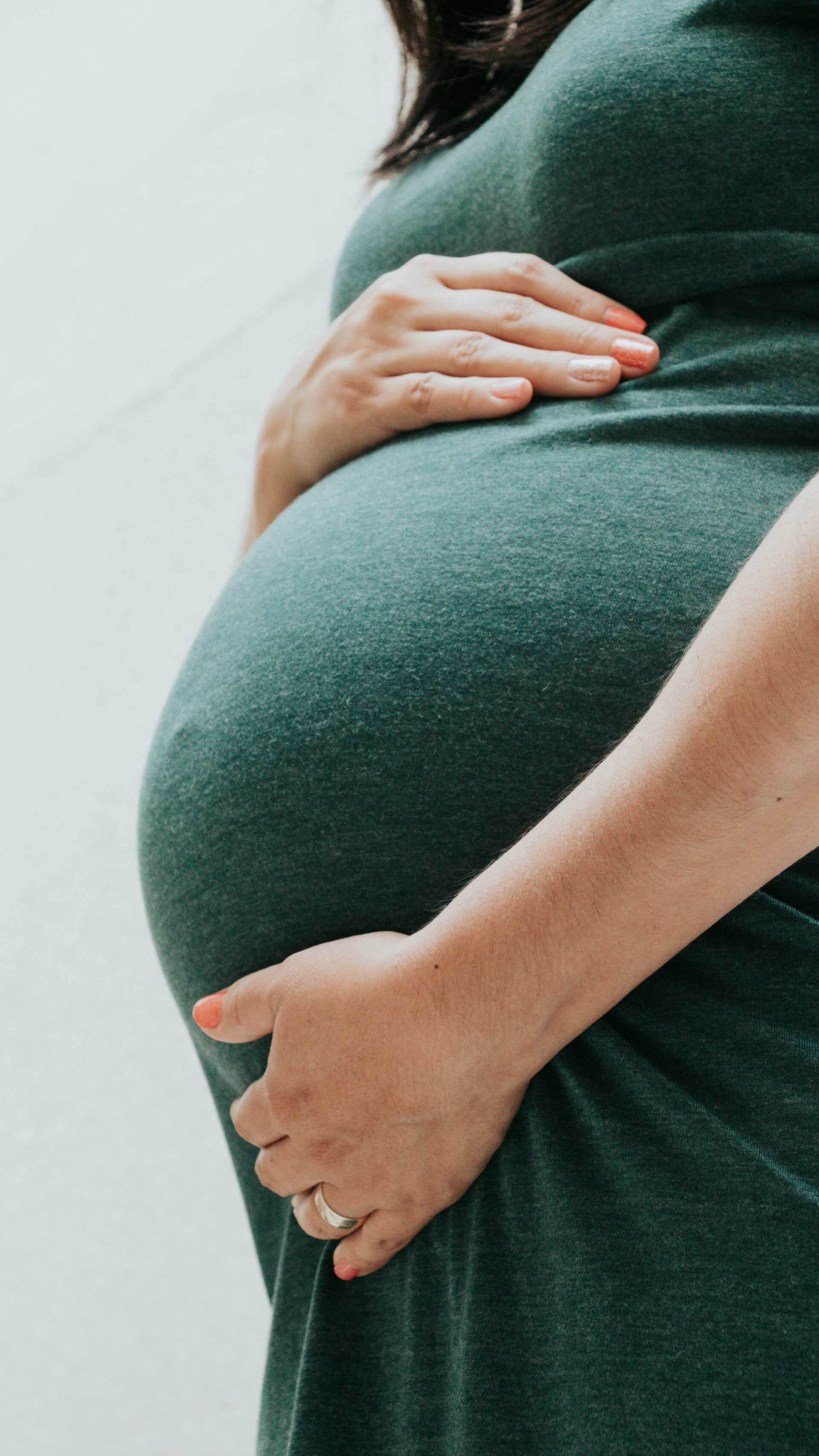As the dust settles following the landmark June 2022 Supreme Court ruling in Dobbs v. Jackson Women’s Health Organization, America finds itself at a crucial juncture in the ongoing abortion debate. This historic decision, while it didn’t eradicate the moral and legal complexities overnight, has handed the reins back to state legislatures and voters, intensifying the ideological battle. It has now sparked a new wave of grassroots activism that is redefining the pro-life movement beyond the courtrooms and into the communities where real change happens.
The focus has shifted to the ground-level efforts that embody the heart of the pro-life cause: maternity homes. These centers encapsulate the community-driven approach that has always been the backbone of the movement. Unlike the well-publicized legal battles over Roe v. Wade or Casey v. Planned Parenthood, the tireless work of maternity homes often escapes the public eye, which is unfortunate because they make tangible impacts on women’s lives and society at large.
Pregnancy, with its inherent challenges, is universally recognized for its capacity to induce anxiety, even in the most stable environments. The stakes rise dramatically with unplanned pregnancies, often exacerbated by the absence of support from partners, familial pressure, or a lack of resources. In these scenarios, the pro-life community’s mission is clear: extend a lifeline to both the unborn and their mothers by providing tangible support and fostering an environment of hope and empowerment.
Maternity homes, distinct from crisis pregnancy centers, offer holistic support that goes beyond immediate care to long-term assistance. While crisis pregnancy centers are crucial, providing essential services like ultrasounds, reproductive education, and counseling, maternity homes offer a more in-depth support system. These homes provide shelter, food, clothing, life skills training, parenting classes, financial education, and more. They focus on equipping women to navigate their challenging circumstances and build a brighter future not only for themselves but for their children.
In the United States, there are approximately 400 registered maternity homes, such as Road 2 Hope Maternity Home in Oregon and St. Raymond’s Society in Missouri. Leaders like Leona Bicknese of Road 2 Hope and Steve Smith of St. Raymond’s Society underscore the dual focus on supporting mothers and their babies. These homes represent a countercultural beacon in regions where pro-abortion rhetoric and policies dominate. For instance, Oregon has some of the most permissive abortion laws, which makes the mission of Road 2 Hope critically important and challenging.
In Missouri, favorable state policies significantly enhance the operations of maternity homes. The tax credit system for donations exceeding $100 demonstrates how coordinated efforts between the state, business communities, and nonprofits can thrive, ultimately benefiting society as a whole. Missouri’s model proves that when private initiatives and public policies align, the community reaps the rewards, transforming despair into hope and dependency into self-sufficiency.
Maternity homes are characterized by their comprehensive and personalized support. They act not merely as shelters but as transformative environments where women can achieve educational milestones, gain professional certification, and learn practical life skills. For example, at Road 2 Hope, completing high school education is given precedence, and women are encouraged to pursue vocational training or higher education thereafter. Similarly, St. Raymond’s Society assists residents with obtaining GEDs, professional certifications, and even higher education degrees.
In the current climate of ideological divide, maternity homes stand as apolitical sanctuaries of compassion and practical assistance. Leaders like Bicknese and Smith remain focused solely on their mission, free from political entanglements. Their primary concern remains the well-being and future success of the women and children they serve, not political gains or recognition.
The response to the Dobbs decision within these communities underscores a renewed commitment to grassroots efforts. As Bicknese poignantly expressed, the ruling marked an emotional moment, a recognition of the flawed Roe v. Wade decision, and a signal of a new beginning. This momentous occasion has galvanized pro-life advocates to double down on local efforts, emphasizing the necessity of individual and community transformation.
Ultimately, the work of these maternity homes highlights a fundamental truth: real cultural change happens quietly, one life at a time, far from the polarizing noise of political discourse. By supporting these centers financially and through volunteerism, pro-life advocates can contribute to a culture that truly values life. This grassroots approach is where the battle for life will be won, creating ripples of change that resonate well beyond the bounds of political debate.



